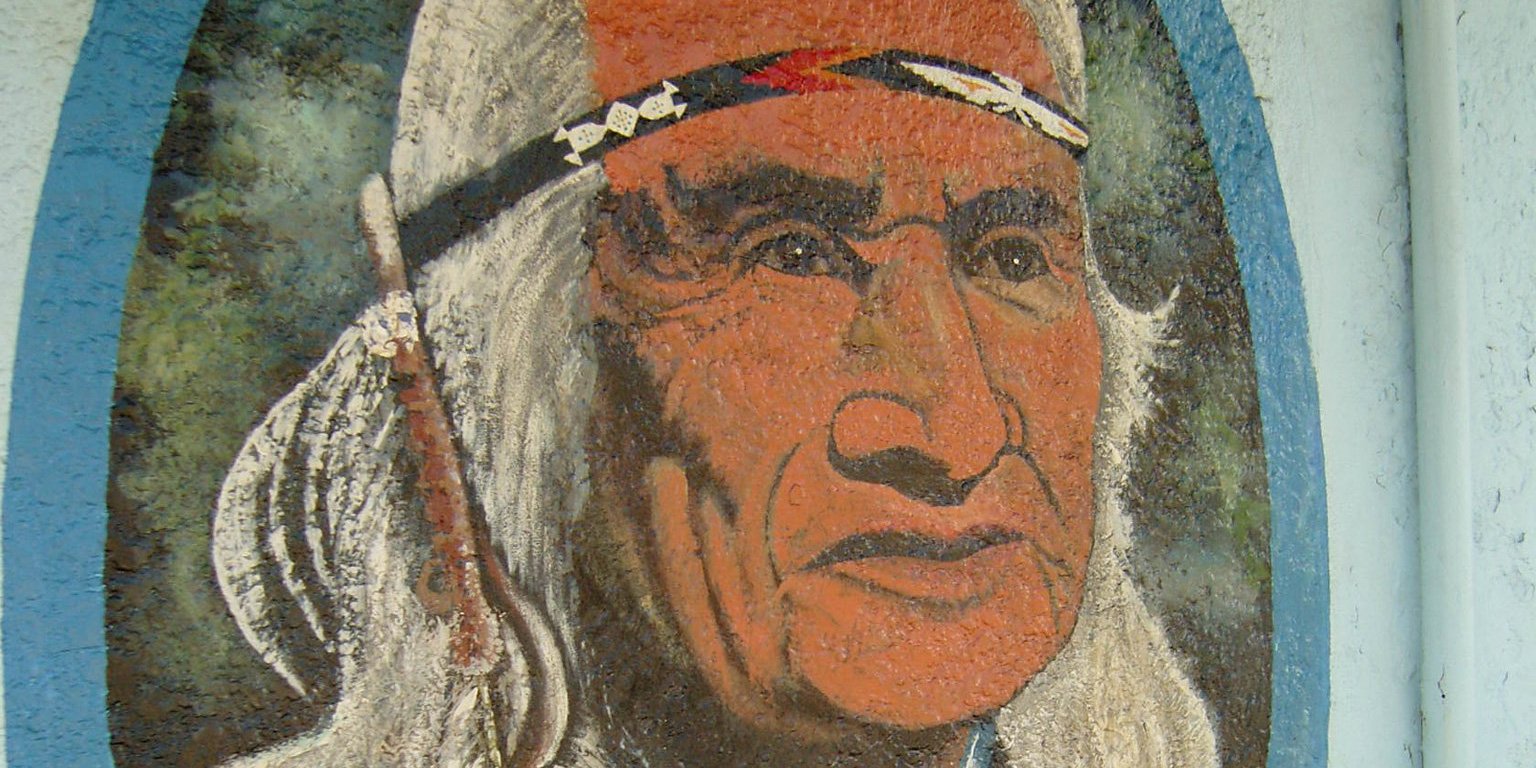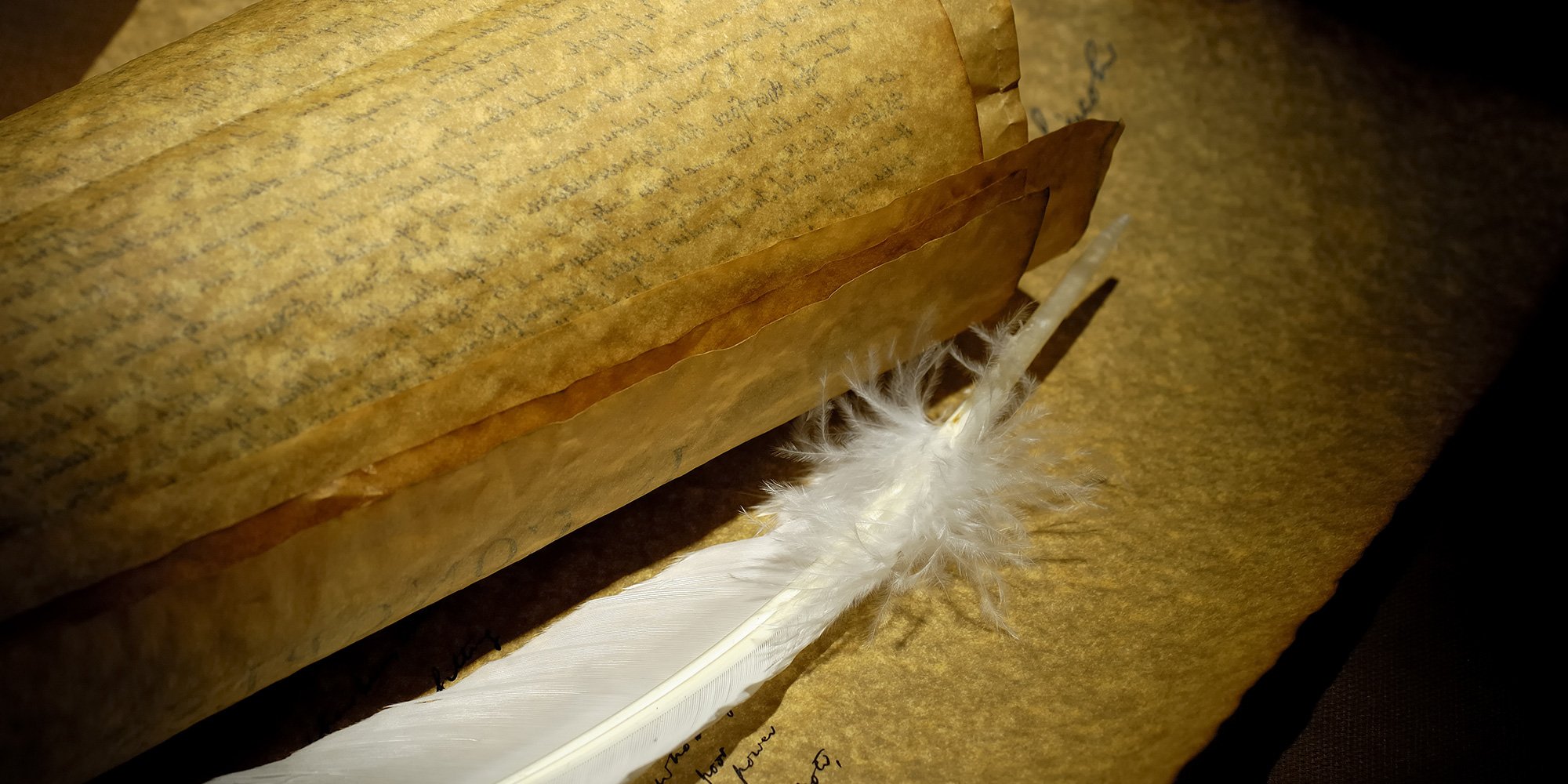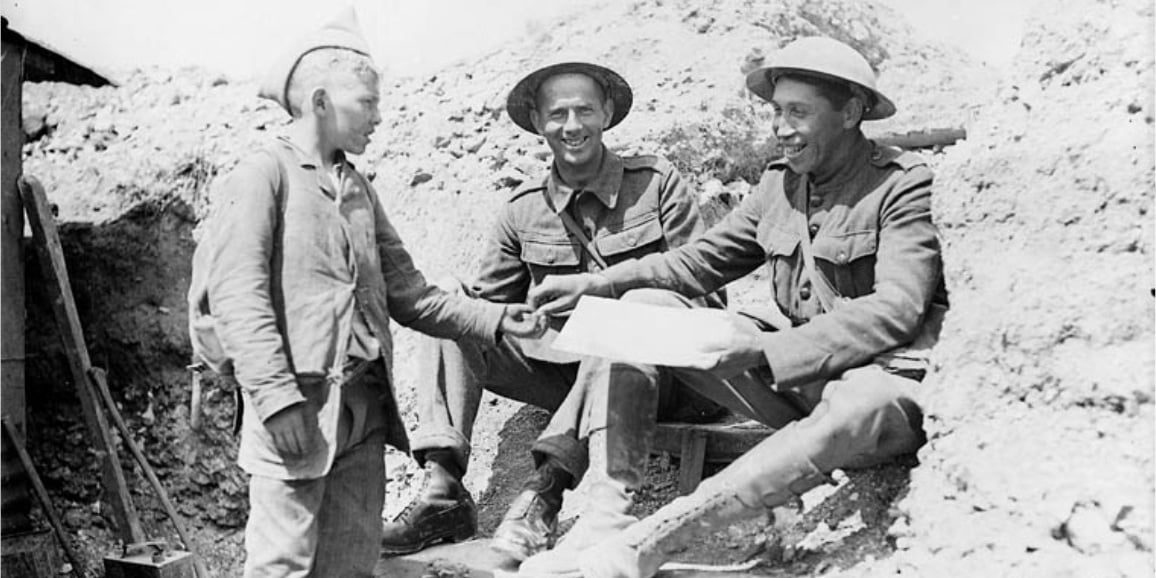Celebrate 21 Indigenous Athletes for National Indigenous Peoples Day
Indigenous athletes often face tremendous difficulties beyond the rigours of training for their sport. They are frequently from geographically and...
6 min read
Bob Joseph February 23, 2017

As Canadians from coast to coast to coast prepare to mark Canada’s 150th birthday on July 1, 2017, I wanted to revisit and reflect on the late Chief Dan George’s speech “Lament for Confederation” made on the occasion of Canada’s 100th birthday. I thought it would make a good measuring stick to see how things have changed for Indigenous Peoples in Canada.
Chief Dan George was an elected chief of the Tsleil-Waututh Nation (1951-1963), an esteemed actor and the first Indigenous person to be nominated for an Academy Award®, and a poet who used his notoriety to create a platform to speak about Indigenous issues.
When he stepped up to the podium to deliver a speech to over 32,000 people in Vancouver’s Empire Stadium on July 1, 1967, he was accompanied by drummers. While this may be considered the norm today, on that day it most certainly was not. Imagine being in the audience and being a part of the silence that ensued.
Now I'm just one person out of many Indigenous Peoples across the land so I appreciate there will be other perceptions and ideas on this topic. Please note that these are my impressions and are not attributable to anyone else.
Centennial Speech of Chief Dan George, July 1, 1967
How long have I known you, Oh Canada? A hundred years? Yes, a hundred years. And many, many seelanum (lunar months) more. And today, when you celebrate your hundred years, Oh Canada, I am sad for all the Indian people throughout the land.
Reflection: Yes, there is major work to be done but I strive to adhere to the philosophy of “learn from the past, live in the now, and plan for the future“. If we look at how far we’ve come and how much we, both Indigenous and non-Indigenous Peoples, have learned we can move forward together along the path to reconciliation. Yes, we have much ground to cover but if we walk together the path will be smoother.
For I have known you when your forests were mine; when they gave me my meat and my clothing. I have known you in your streams and rivers where your fish flashed and danced in the sun, where the waters said ‘come, come and eat of my abundance.’ I have known you in the freedom of the winds. And my spirit, like the winds, once roamed your good lands.
Reflection: On the subject of forests times definitely have changed. In Chief Dan George’s era, the Crown owned and controlled the forests along with forest companies. We now see communities actively engaged in forestry, and we see provinces, such as British Columbia, establishing Forest Consultation and Revenue Sharing Agreements with communities. We also see agreements such as the Nisga’a Final Agreement in which First Nations, through modern treaties, have jurisdiction over forestry.
But in the long hundred years since the white man came, I have seen my freedom disappear like the salmon going mysteriously out to sea. The white man’s strange customs, which I could not understand, pressed down upon me until I could no longer breathe.
Reflection: I think there have been significant changes to the oppressive rule Chief Dan George grew up under and I believe more significant changes are coming. The most important and specific evidence of this is the inclusion of Section 35 in the Constitution Act, 1982. If you look specifically at subsection 1 of Section 35 it states that the treaty rights of Aboriginal peoples are hereby recognized and affirmed. This is an important piece of the conversation as it affirms intent for Aboriginal peoples to be who they want to be. It confirms that forced cultural assimilation is at an end and there is room for Indigenous peoples to retain and even strengthen their identity.
When I fought to protect my land and my home, I was called a savage. When I neither understood nor welcomed his way of life, I was called lazy. When I tried to rule my people, I was stripped of my authority.
Reflection: Fifty years later, Indigenous Peoples are still fighting to protect and regain control of their land and resources but are making forward progress on the negotiating and legal front.
As far as adopting the Euro-Canadian way of life goes there is still no comparison when you look at a pre-contact Indigenous fishing culture, which is where I, but not all Indigenous Peoples, are from, that required working fewer than nine weeks a year to provide a year’s worth of food and shelter which left lots of leisure time for cultural activities. Add to this the fact that we weren’t paying taxes and I’m not sure we needed government intervention to make things better.
On the subject of authority, and with the heyday of assimilation behind us, we see the imposition of the federal government's control over band government starting to diminish and a movement towards self-government underway across the country. It’s a trend we can expect to see more of as time marches on.
My nation was ignored in your history textbooks — they were little more important in the history of Canada than the buffalo that ranged the plains. I was ridiculed in your plays and motion pictures, and when I drank your fire-water, I got drunk — very, very drunk. And I forgot.
Reflection: Thanks to the Truth and Reconciliation Commission and its numerous Calls-to-Action for change, Canada and educational institutions have a number of recommendations that support teaching the history of Indigenous Peoples. In terms of the plays and motion pictures, the portrayal of Indigenous Peoples in Hollywood has changed. Yes, there's still work to be done but I think as time goes on Indigenous Peoples will be able to tell their own stories from their own perspective.
Alcohol, and more generally, substance abuse continues to be a problem today. I do think many more people are empathetic and understand that these challenges really stem from the intergenerational effects of residential schools. I also feel, when I look inward at some of the communities I know, that these problems aren't as bad as they used to be. I could be wrong but I hope I'm not.
Oh Canada, how can I celebrate with you this Centenary, this hundred years? Shall I thank you for the reserves that are left to me of my beautiful forests? For the canned fish of my rivers? For the loss of my pride and authority, even among my own people? For the lack of my will to fight back? No! I must forget what’s past and gone.
Reflection: I feel that since the patriation of the Constitution, and the inclusion of Section 35, the will to fight, or more importantly, to seek justice and remedy for past grievances has returned. Furthermore, some communities are making good progress in the courts to address historic grievances, and progress at negotiating and trading tables when it comes to treaties. There is also progress on interim measure negotiations and agreements.
Oh God in heaven! Give me back the courage of the olden chiefs. Let me wrestle with my surroundings. Let me again, as in the days of old, dominate my environment. Let me humbly accept this new culture and through it rise up and go on.
Reflection: With such progress being made politically and legally I see the courage of the olden chiefs returning to communities. I see communities wrestling with their surroundings. I see people trying to balance the impact on the environment with opportunities in many industrial development sectors. I also see them struggling to humbly accept this new culture. It is the process of reconciliation that we must all go through if we are to rise up and go on.
Oh God! Like the thunderbird of old I shall rise again out of the sea; I shall grab the instruments of the white man’s success - his education, his skills - and with these new tools I shall build my race into the proudest segment of your society.
Reflection: Education is a powerful tool and today there are Indigenous judges sitting on the bench, Indigenous lawyers occupying the highest political office in this country, Indigenous politicians participating in all levels of politics and local business people working to create economic opportunities for themselves and for their communities. Indigenous artists, actors, filmmakers, musicians and authors are winning prestigious awards. All of these examples provide inspiration for Indigenous youth. What Chief Dan George references in this part of the speech has seen some of the greatest transformative changes for Indigenous Peoples.
Before I follow the great chiefs who have gone before us, Oh Canada, I shall see these things come to pass. I shall see our young braves and our chiefs sitting in the houses of law and government, ruling and being ruled by the knowledge and freedoms of our great land.
Reflection: I'm not sure how much progress Chief Dan George saw before he passed in 1981 but I can say emphatically that we do see Indigenous people sitting in the houses of law and government and being ruled by the knowledge and freedoms of this great land. There's still much work to be done, particularly on quality-of-life issues, but I believe we are moving in the right direction.
So shall we shatter the barriers of our isolation. So shall the next hundred years be the greatest in the proud history of our tribes and nations.
Reflection: In the 50 years since Chief Dan George delivered this speech we definitely are seeing barriers shattered with modern treaties, negotiated agreements, victories in the courts, and Indigenous peoples present throughout government, business and academia. Let’s take stock again in 50 years when Canada turns 200. The next 50 years will be some of the most exciting times in the history of this country. We have the best chance of strengthening the nation-to-nation relationship with Indigenous Peoples thereby making Canada a stronger and more prosperous country for all Canadians.
By Bob Joseph
Featured photo: Too Tall Paul, Flickr

Indigenous athletes often face tremendous difficulties beyond the rigours of training for their sport. They are frequently from geographically and...

The Doctrine of Discovery was used by European monarchies, beginning in the mid-fifteenth century, as a means of legitimizing the colonization of...

When we think of Indigenous war heroes Tommy George Prince immediately and justifiably jumps to mind. But, there are many other Indigenous heroes who...